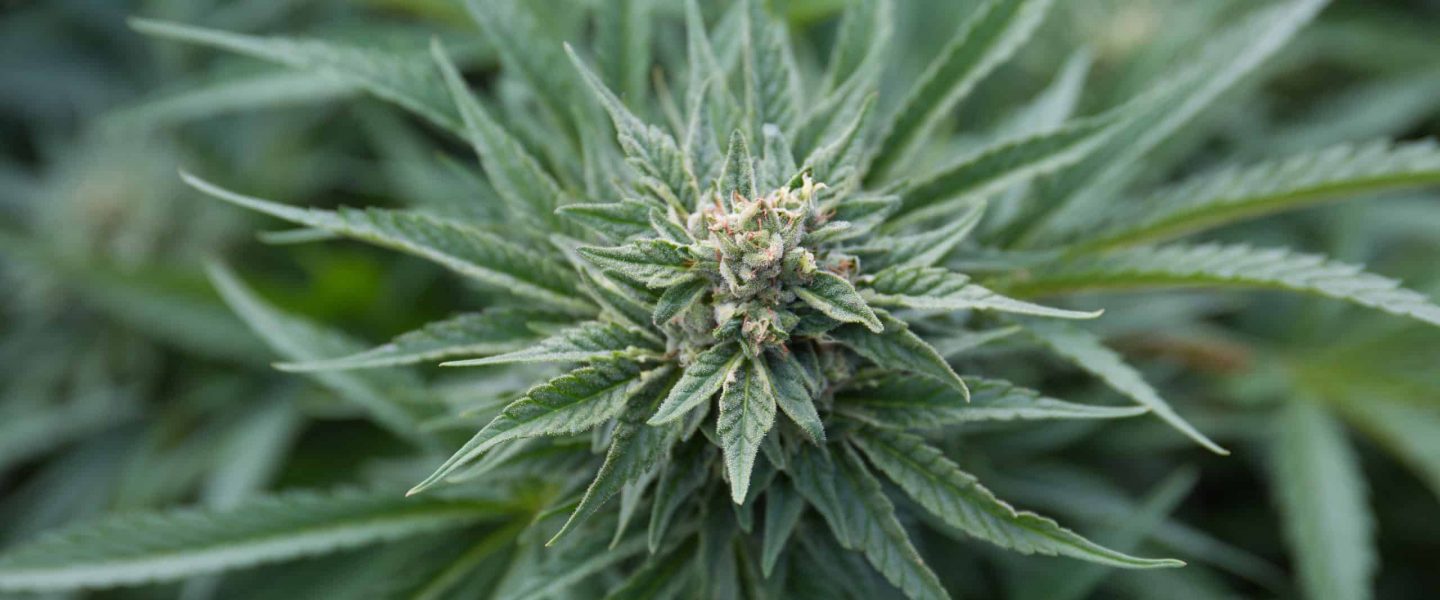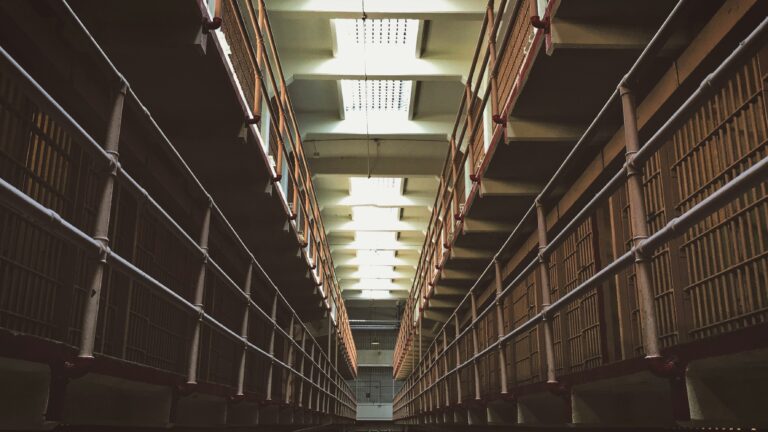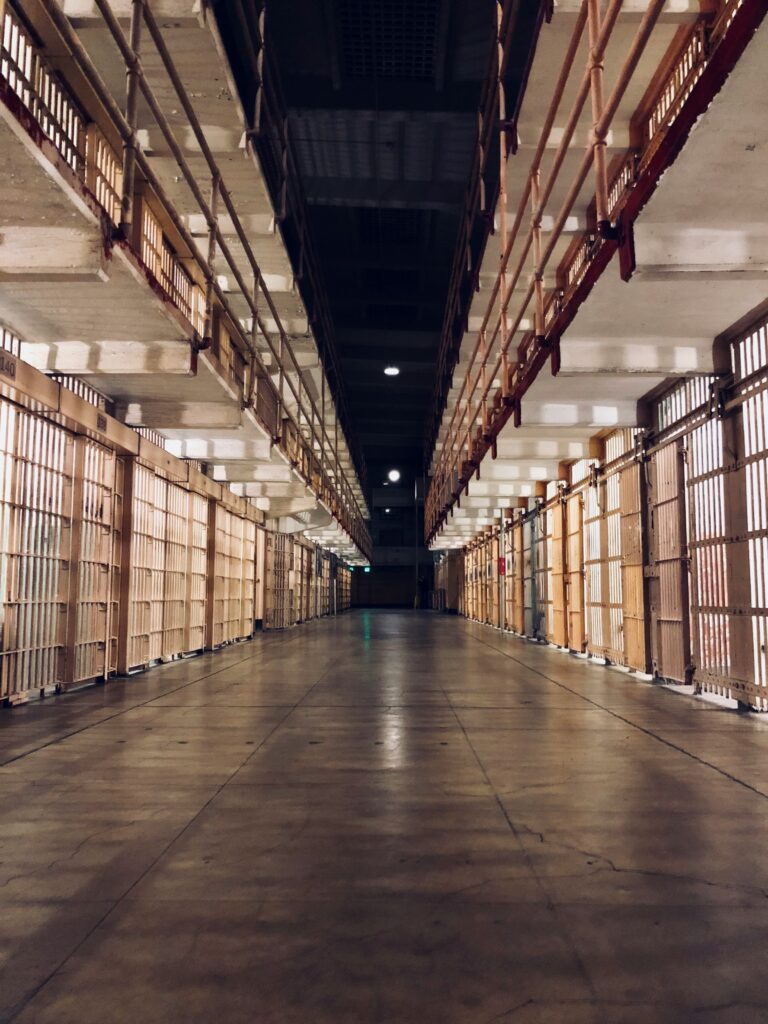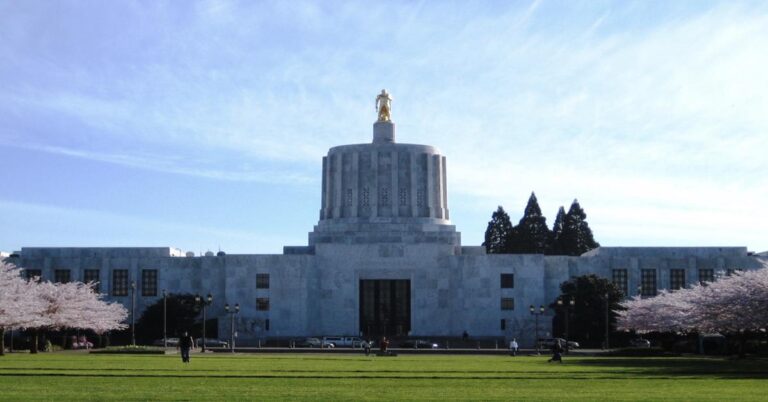Maryland has outlined a draft of what the state could potentially use as a base for a legal cannabis system that could change the state for the better.
A Vision For Making Recreational Marijuana Legal in Maryland
Delegate Jazz Lewis is responsible for pre-filing a bill in Maryland that would regulate the sales of cannabis, making it recreationally legal. The bill also calls to fund social equity programs that would reverse drug war era policies, while also expunging the records of those who have certain non-violent marijuana convictions. It was his thought process that is the very least that should be done, but there are bigger and brighter futures to reach.
He also went on to note that he believes in this bill, “because we have the data and popular opinion on our side to end prohibition.”
In a tweet Lewis stated, “It is time that Maryland has a reasonable and responsible cannabis policy, and that means legalization. The prohibition on the responsible use of cannabis has done exponentially more harm than good, and has devastated communities with a heavy-handed and unfair drug policy.” The tweet has a picture of the bill called “The Cannabis Inclusion and Restoration Act” along with text that reads, “Adults who are 21 or older could possess up to two ounces of cannabis and cultivate up to six cannabis plants in a secure location that is not visible form the outside of the property and not accessible to minors.”
To further demonstrate the need for sensible health policies, Lewis emphasized that legalization could reduce the substance use and abuse by minors, saying “States that have legalized have seen a decline in teen usage due to disruptions of the illicit market. Law enforcement has mostly stated that they would rather go after the actual criminals than young people who shouldn’t be involved with the justice system. We can and should do better.”
Lewis ended his speech with this call to action to prioritize restorative policies that make reparations to communities negatively impacted by the war on drugs: “We allow for the expungement of records, creating social equity businesses to include minorities and the formerly incarcerated, and we dedicate resources to revitalizing disconnected communities. The time for restoring communities and ending prohibition is now.”
What Would the Future of Cannabis Look Like in Maryland?
Maryland’s legislative session began on January 13th at which time Lewis’ legalization bill had its first reading, leaving people with many questions regarding what a future of cannabis would look like. For those concerned about a lack of consequences for violating a supposed recreational marijuana program, the bill details a variety of regulations that would aim to deter behaviors like public consumption of marijuana products.
For instance, if someone is caught with more than the allotted amount to be considered a regular amount, the punishment is either up to sixteen hours of community service or a fine up to $250. Adults would also be allowed to gift other adults small amounts of marijuana, but it was not stated how much a small amount was considered.
Similar to many other states that have proposed recreational legalization, those incarcerated due to “standalone cannabis offenses” to be able to get out of jail. While it would be recreationally permitted, this does not inherently allow citizens to light up in public space. Those who smoked in public would face either five hours of community service, or a fine up to $50.
With the aim of boosting state revenues, cannabis would also see a 20% tax on the retail price, with local municipalities given the ability to add three percent to that, all in addition to Maryland’s six percent on sales tax. A large portion of the tax revenue generated would be geared at undoing the negative consequences of the drug war and to, “serve communities impacted by poverty, mass incarceration, or racism via grants to organizations utilizing evidence-proven and evaluated tactics to address these challenges.”
Another quarter of the revenue generated by cannabis sales would go directly to the state’s general fund. Another 20% would go to the state’s four historically black colleges and universities, and a small amount would also be applied to zero-interest loans for social equity applications and assistance that would also be provided to those applicants. Other portions of this funding would be distributed to drug prevention and drug treatment programs.
Changing Minds on Marijuana Legalization
It’s no secret that Maryland Governor, Larry Hogan, has deep-seated issues with the idea of marijuana legalization. In fact he vetoed a bill that would’ve helped people with past cannabis convictions keep those convictions private. Unfortunately, that means people with those convictions are now regulated in a state-wide database. When pressed for an explanation as to why this monitoring system was necessary, his answer was, “lawmakers failed to pass a separate, non-cannabis measure aimed at addressing violent crime.”
But, in light of recent research and other states taking baby steps towards national legalization, Hogan has actually expressed some recent openness to the idea of legalizing recreational cannabis. With demonstrated efforts in mid-2018 to expand Maryland’s medical marijuana system, he’s now come out and stated the following about full legalization, “At this point, I think it’s worth taking a look at.” While it is possible the governor will become more increasingly involved in moving recreational marijuana policies forward in Maryland, it is unclear how vocal he plans to be about his support.
Maryland lawmakers held hearings on two other bills that would have legalized recreational cannabis in the state, and while those didn’t pass, it did prove that lawmakers have warmed to the idea of at least considering what regulations for such a program might look like. One of the best examples of this is Delegate Vanessa Atterbeary, who had once been, “fundamentally opposed” to legalization has now changed her position because, “in the mindset, it’s been growing on me.”
Although the prospect of immediate recreational cannabis legalization in Mayland may seem fleeting, the continued growth in support amongst the state’s population and General Assembly offers a bit of encouragement for what might be to come.
Additional Resources:
At The Weed Blog, we strive to produce the latest online news resources regarding marijuana. We also review various strains of cannabis or other edible counterparts. We are committed to helping you find valuable information about marijuana on our website. With marijuana laws constantly changing, learn from us what you can do to promote activism in your area. Otherwise, consider these other top-tier articles regarding cannabis:
50 Successful Marijuana Users Throughout History









